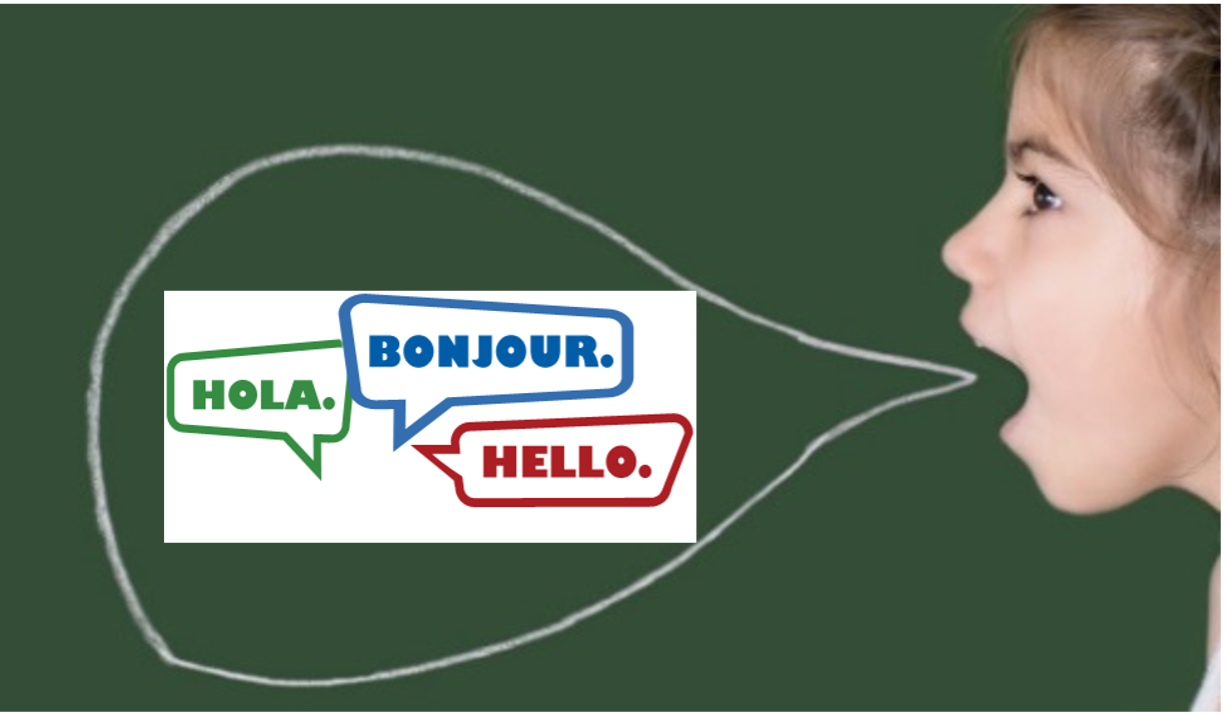Bilingualism and autism
Children on the autism spectrum often experiences language delays. In this context, it is a common belief that bilingualism may be too challenging for them and may harm their language development. We examined whether proficient bilingualism is possible in school-age children with autism growing up in Montreal, by assessing their language skills as well as by examining the relationship between amount of exposure to a language and skills in that language. Our findings demonstrate that proficient bilingualism is possible for some children on the autism spectrum, provided adequate exposure to the two languages. The amount of exposure to a language has a strong, positive relationship with a child's vocabulary and morphological skills in that language at school-age, as it does in typical development.
Children with autism demonstrate significant challenges with executive function (EF). Better performance on some executive functions has sometimes been reported in typically-developing bilingual children relative to monolinguals. We hypothesized that proficient bilingualism may alleviate EF impairments in autism, and tested this using verbal and non-verbal tasks. In both cases, proficient bilinguals with autism outperformed well-matched monolinguals with autism. These findings build on previous research demonstrating that bilingualism is not detrimental for language development in autism. Moreover, they provide novel evidence indicating that bilingualism may even hold benefits with respect to mitigating some executive function impairments in this population.
Newsletter
Workshops
Publications
Journal Articles
- Gonzalez-Barrero, A.M. & Nadig, A. (2019). Can bilingualism mitigate set-shifting difficulties in children with autism spectrum disorders? Child Development, 90(4), 1043-1060. https://doi.org/10.1111/cdev.12979
- Gonzalez-Barrero, A.M. & Nadig, A. (2019). Brief Report: Vocabulary and Grammatical Skills of Bilingual Children with Autism Spectrum Disorders at School Age. Journal of autism and developmental disorders, 49(9), 3888-3897.
- Gonzalez-Barrero, A.M. & Nadig, A. (2018). Bilingual children with Autism Spectrum Disorders: The impact of amount of language exposure on vocabulary and morphological skills at school age. Autism Research, 11(12), 1667–1678. https://doi.org/10.1002/aur.2023
- Huong, H., Gonzalez-Barrero, A.M. & Nadig, A. (2018). Narrative skills of bilingual children with autism spectrum disorder. Discours, 23. https://journals.openedition.org/discours/9856
- Gonzalez-Barrero, A. & Nadig, A. (2017). Verbal fluency in bilingual children with Autism Spectrum Disorders. Linguistic Approaches to Bilingualism, 7 (3-4), 460-475. https://doi.org/10.1075/lab.15023.gon
Selected Conference Presentations
- Gonzalez-Barrero, A. & Nadig, A. (2019, June). Language Skills and Executive Functions of Bilingual Children with Autism Spectrum Disorders. Talk presented as part of the symposium A world of possibilities: Bilingual development in children with ASD at the 12th International Symposium on Bilingualism, Edmonton, Alberta, Canada.
Book Chapters
- Gonzalez-Barrero A.M., Nadig A. (2020) Bilingualism and Language Development in Children with Autism Spectrum Disorders. In: Volkmar F. (Eds.) Encyclopedia of Autism Spectrum Disorders. Springer, New York, NY. https://doi.org/10.1007/978-1-4614-6435-8_102508-1
- Nadig, A. & Gonzalez-Barrero, A.M. (2019). Proficient bilingualism may alleviate some executive function difficulties in children with Autism Spectrum Disorders. In Irina Sekerina, Lauren Spradlin, and Virginal Valian (Eds.), Bilingualism, Executive Function, and Beyond. Questions and insights. John Benjamins. https://www.benjamins.com/catalog/sibil.57


